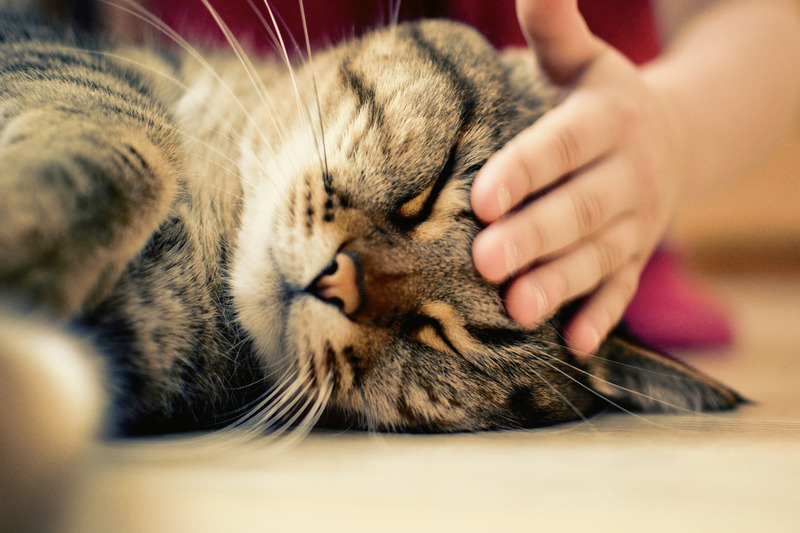Our most frequently asked questions on indoor cat health.
We get asked this question a lot and the answer is yes, despite them being only indoors we do still recommend treating your pet with parasite preventatives and keeping up to date with vaccinations. We’re hear to answer some very common questions we get asked on this topic.
How can my pet get infected?
The majority of indoor cats have escaped outside at some point, but this is not the only way that that they can contract parasites or viruses. Fleas, ticks and viruses can find their own way into your home or hitch a ride on humans (hands, clothes, shoes) or other furry visitors such as rodents or other pets that go outdoors (even if it’s only to the backyard) may transfer their germs. If you’ve just moved to a new house be aware some stages of the flea life cycle can lay dormant for up to a year so you may find yourself with a flea infestation many months later.
Why vaccinate?
There are multiple infectious diseases in Australia that are life-threatening to your cat. Vaccinations provide immunity to these diseases and should be completed from when they are 6-8 weeks old. The more people that vaccinate their animals, the lower the prevalence of disease. So, by vaccinating your animal, you are not only helping them but also all of the other animals as well! For more information about vaccinations and our recommendations, visit our website.
Why use flea preventatives?
We frequently see flea infestations in indoor only cats! As mentioned above their long dormancy periods and potential external sources means your cat could still be exposed. Using a flea preventative product will ensure that your pet is not irritated and uncomfortable. A normal cat should only experiences minor skin irritation in response to flea bites. Even in the presence of dozens of fleas, there will be very little itching. On the other hand, the flea allergic cat has a severe, itch-producing reaction to flea bites – even one bite from one flea can set off a chain of events that results in severe irritation all over the body! This occurs because the cat develops an allergic response to the flea’s saliva. When the cat is bitten, flea saliva is deposited in the skin. Just one bite causes intense itching, and this is of a long-lasting nature.
Severe flea infestations can result in anaemia. Kittens and small puppies are at the most risk of anaemia as a result of blood loss. For more information about fleas, visit our website.
Fleas can also carry tapeworm larvae, one of the most common intestinal worm that is seen in dogs and cats. This can happen if your pet swallows the infected flea, perhaps whilst grooming itself. By protecting your pet from fleas, you are also reducing the risk of tapeworm infestations.
Why use tick preventatives?
Severe infestations of ticks can also result in anaemia, particularity in small puppies and kittens however the major reason to prevent tick infestations is the paralysis tick. Australian paralysis ticks, Ixodes Holocyclus are small grey ticks that live on native and domestic animals along the eastern Australian coastal strip. Most native animals are to a certain extent immune to the toxins but when the ticks attach on to a domestic animal they inject a neurotoxin that causes progressive paralysis leading to respiratory depression and ultimately death.
Whilst indoor cats are at lower risk of developing tick paralysis, we have seen multiple cases of tick paralysis in these cats and thus still recommend protection against tick bites.
What if I need to board my indoor cat?
Boarding is a great reason to keep your indoor cats preventatives and vaccinations up to date. Most reputable boarding facilities will require your pet to be up to date with vaccinations and flea/tick preventatives. This is not only to protect your pet, but also all the other pets at the boarding facility. To view our boarding policy visit our website.
Nikki Menner (Lead nurse)



